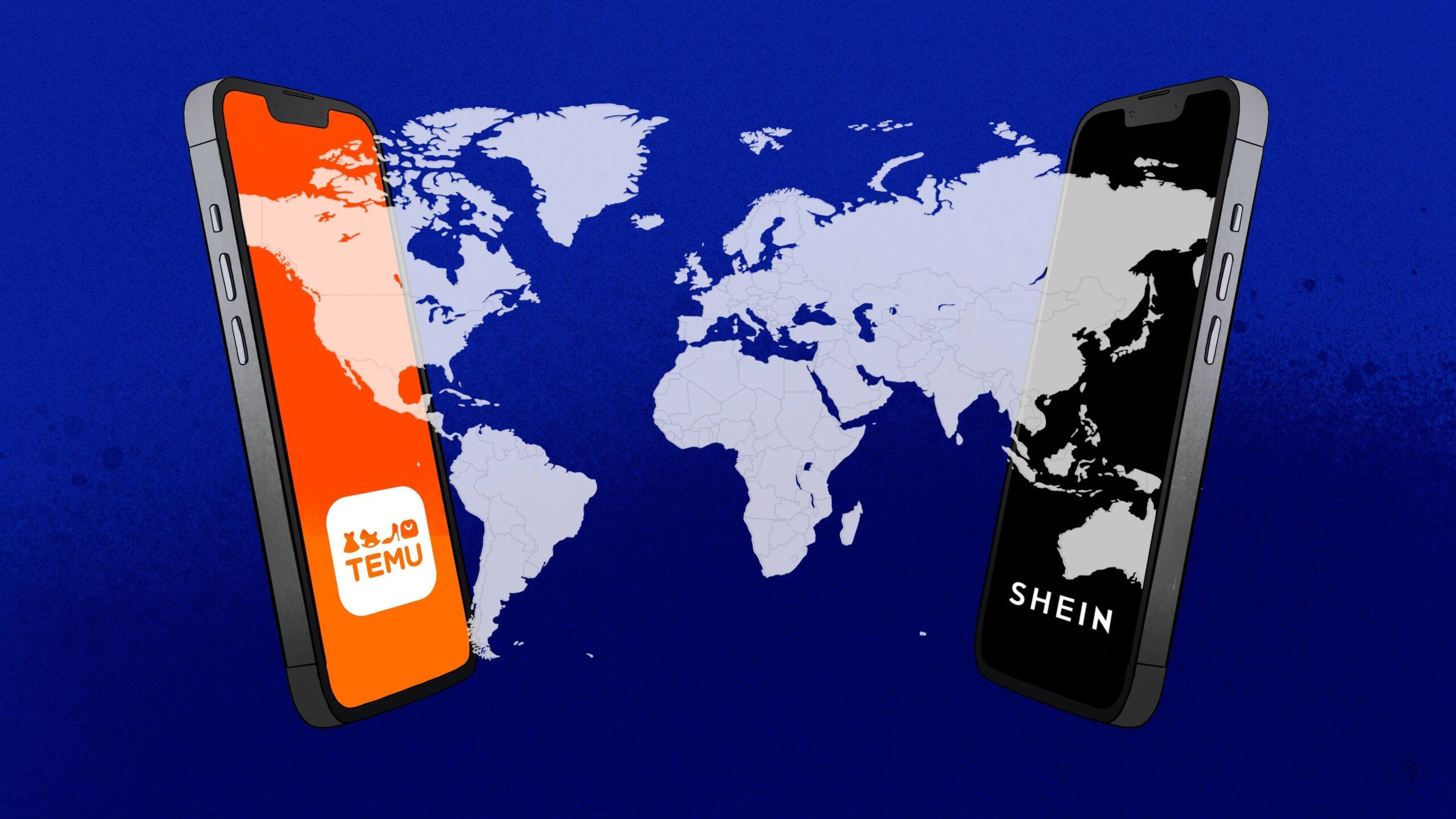Temu and Shein have made their mark amid the constantly evolving landscape of ecommerce giants as two contenders for the top spot with regards to price and popularity. They’ve gained attention because of their rapid growth in the market and their low-cost products. It’s essential to be aware of the distinctions between their business models, and not just comparing them. For more information, click Temu vs Shein

The rise and fall of temu
Temu’s ascent to prominence has certainly drawn parallels to the success story of Shein. Both companies are experiencing exponential expansion and have gained the attention of budget conscious customers. The attraction of these items lies in their affordability that allows customers to look fashionable but not broke. This has made many ask: Are Temu and Shein cut from the same cloth?
Similarities and Disparities
Temu has the same characteristics as Shein by offering products that are pocket-friendly However, they’re far from being mirror images. Temu’s Next-Gen Manufacturing Model is unique in that it can provide significant savings across different categories of products. This model uses advanced manufacturing techniques that simplify production processes, ultimately reducing expenses and passing the savings to the customers.
Shein, on the other hand has an established reputation as a fashion-forward brand, focusing on clothes and accessories. The appeal of Shein is that it keeps up to date with the latest trends and provides a variety of styles to fit different styles. Shein’s emphasis on fashion as in addition to other verticals like accessories and beauty, has helped to make it an industry niche.
Models of business under the microscope
Temu’s Next-Gen Manufacturing model deserves a closer look. Temu optimizes manufacturing and supply chain processes through the use of advanced technologies, like AI as well as data analytics and automation. This allows them to ensure high-quality while drastically reducing production costs. Temu has a variety of items at reasonable prices in a variety of categories, from electronics to home products. This is what differentiates Temu from Shein that focuses its efforts mostly on fashion and its derivatives.
Although Shein indeed covers a wide selection of fashion trends its business model is built on the constant updating of its inventory to keep up with constantly changing fashion preferences. This implies that the creation, production as well as distribution cycles must be quick. This method has definitely been a factor in its success particularly with younger people who are looking for fashionable pieces at affordable cost.
Ownership is important
One query that has provoked curiosity is the possibility that Temu is controlled by Shein. This notion is incorrect. Temu and Shein even though they have superficial similarities or differences, are separate entities. They also have their own ownership structures. Temu is a separate player on the online marketplace, is focused on its distinct manufacturing process, while Shein is a brand that is known for its trendy products remains distinct.
The Takeaway
It’s not hard to find parallels in the turbulent waters of e-commerce between companies that have similar growth strategies. Temu’s and Shein’s tale shows that, despite the similarities however, their differences are significant. Their differing approaches to business, production and market focus show their individuality.
Temu’s Next-Gen Manufacturing model an example of the latest innovations in the world of e-commerce. Temu’s Next Generation Manufacturing model is an affirmation of the power of innovation in the e-commerce space. Shein, on its part, is known for its devotion to fashion trends. Its quick turnover of products also cements its position as a leader in fashion ecommerce.
Temu and Shein are two companies that serve price-conscious shoppers. However, the terrain of e-commerce is quite different. Although both companies cater for price-conscious customers but their business strategies and models as well as areas of expertise are drastically different. Temu’s manufacturing skills, and Shein’s quick fashion savvy reveal the diversity of the e-commerce industry. Let us, as consumers and online enthusiasts, appreciate the uniqueness of each of these platforms brings to the table, and then continue exploring the ever-expanding universe of shopping online.
